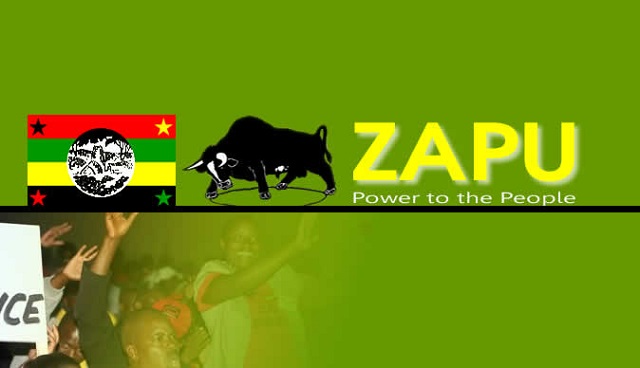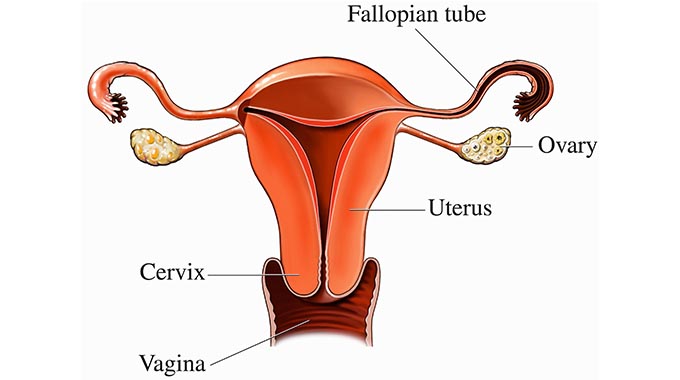Land at the heart of the struggle for independence: PF-Zapu’s consistency in the land and agricultural policies and pursuits

Pathisa Nyathi
THE one issue that nearly scuttled the Lancaster House Talks in London in 1979 was land. Colonisation, among other things, was about land dispossession. Land was forcibly taken away from the black indigenous people.
Appropriated land was used for white settlement, extraction of strategic minerals and agricultural production and the raising of livestock. However, the contentious issue was resolved and, in the end, the Lancaster House Talks ended successfully though final constitution entrenched some constitutional clauses meant to provide smooth landing for the white population in the first 10 years of independence.
The issue of land was close to the heart of the Patriotic Front — Zimbabwe African People’s Union (PF-Zapu). Even before Lancaster the Party had displayed seriousness with regard to the land issue. At the National Executive Committee (NEC) level there was a secretarial post designated as farming and horticulture. Amon F Jirira was the secretary in charge of that portfolio within the external wing of Zapu in Zambia.
PF-Zapu knew about the necessity to send students to overseas institutions to acquire knowledge and skills in various fields such as Engineering, Education, Pharmacy, Economic, Health and indeed Agriculture. Students such as Dr Pollex Moyo and his wife MaDlodlo were among the scores of who were selected for the development of manpower in the agricultural sector. Livestock management, crop management were among the several technical fields in which Zapu-sponsored personnel specialised in.
Emphasis was given to the pressing food needs in Zambia where Zapu had several refugee camps whose inmates required food. There were refugee camps such as Victory Camp (VC), Jason Ziyapapa Moyo Camp (JZ Camp) both of which housed the Zimbabwe School with a high population of school pupils ranging from pre-school through primary school to secondary school. There were also hundreds of women with babies and other personnel who kept the camps running. In addition to several needs at the camps such as health requirements, water supplies, accommodation, clothing, ablution facilities there was need for food. There was also a transit camp at Nampundwe where the inmates needed food. Freedom Camp (FC) was also another important camp where food was required, just as was Mkushi Camp for the girls.
In the various military camps, there were large numbers of recruits undergoing training. CGT, Mwembeshi, MTD were some of the military facilities where food had to be provided. The Farming and Horticulture Department came in handy in terms of food production and provision. There were international organisations that came to the rescue of the refugees following the devastating bombings by the Rhodesians that took place on Thursday 19 October 1978.
Jirira’s Farming and Horticulture Department ran several agricultural projects. At FC Camp for example, they grew maize and vegetables and also ran poultry and piggery. These were projects that ran alongside other projects such as carpentry, sewing and mechanical engineering. Some of the agricultural implements and tools were destroyed during the October bombings. Some NGOs came to Zapu’s rescue with some, such as the Mennonite Central Committee specifically providing funds towards gardening.
PF-Zapu was not preoccupied with immediate term agricultural production to meet the needs of military trainees, refugees and Zapu’s administrative staff at the various establishments including Zimbabwe House (ZH) in Zambia.
They appreciated the need to invest in agriculture for the post-independence period. PF-Zapu’s election manifesto gave emphasis to agricultural production. The Party compiled a little book, The Green Book, which spelt out their policy thrust in agriculture. Many PF-Zapu members either destroyed or hid their booklets at the time when there was political instability in the period following independence.
It is worth noting that even as PF-Zapu lost in the 1980 general elections, the Party did not abandon its commitment to the development of agriculture. When it became clear the Zimbabwean economy was not that robust to support a large army comprising former ZPRA, Zanla and the Rhodesian army, the Party collected demobilisation payouts from former ZPTRA cadres who did not make it to the new Zimbabwe National Army (ZNA). The collected funds, also including donations from the Party’s friends were used to purchase a number of farms around Salisbury (now Harare) (Nijo Farm), Gweru (Hampton Farm) and Bulawayo (Ascot Farm). There were several other farming operations with thousands of egg layers, cattle, pigs and vegetable production.
The farms belonged to the Party, the demobilized ZPRA cadres and the Nkomo family. Hommer Ranch in Magwe belonged to the Nkomo family and PF-Zapu leader had plans to engage the Gwanda community in agricultural production using water from the Tuli Makwe (Halihulu) Dam across the Tuli River. It was envisaged some white farmers were going to be bought off their land which was going to be used for agricultural productions. In addition to the Hommer Ranch the Nkomo family also ran Ukuthula Farm off the old Gwanda Road.
Some of the farms were run by Nitram whose leadership comprised Zapu leader Joshua Nkomo and Dr Isaac Lentswi Nyathi with Mishek Velaphi Ncube as treasurer. Unfortunately, the farms were confiscated by government when ZPRA/MK weapons were found on two of the farms namely Hampton and Ascot. Colonial pieces of legislation, the Unlawful Organisations Act and the Emergency Regulations Act were used to dispossess PF-Zapu of the farms in 1982. The two pieces of legislation had been used by the Edgar Whitehead regime in February 1959 to proscribe the Southern Rhodesia African National Congress (SRANC).
The massive Nuanetsi Ranch was another agricultural enterprise which went to show how the PF-Zapu leadership gave serious attention to the development of agriculture. There are several other examples that go to demonstrate that the Party was consistent in its policy to develop agriculture-a justification for the acquiring of land beyond the 10-year period when the willing-seller, willing-buyer arrangement lapsed in 199.











Comments